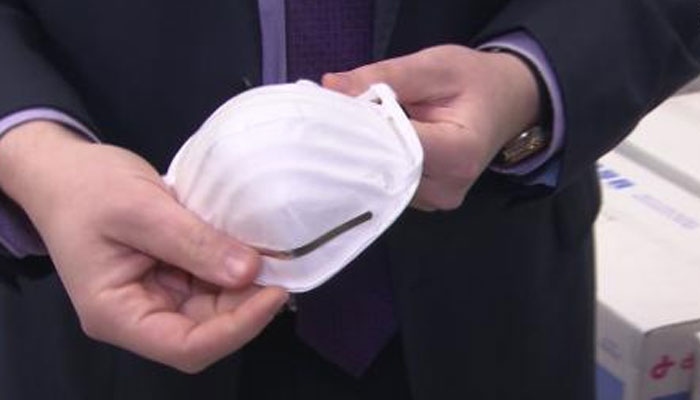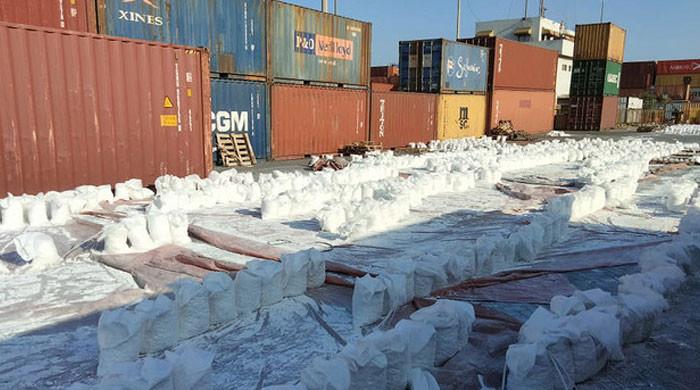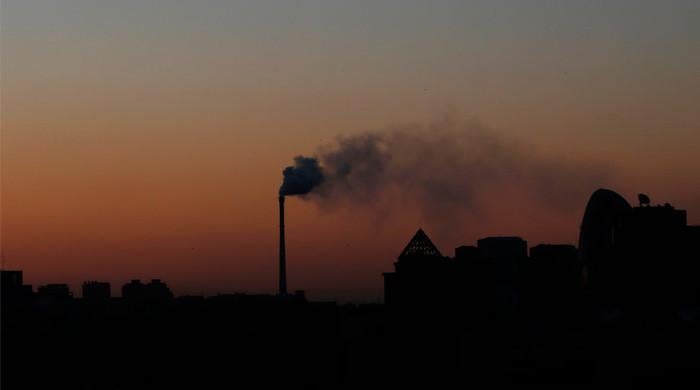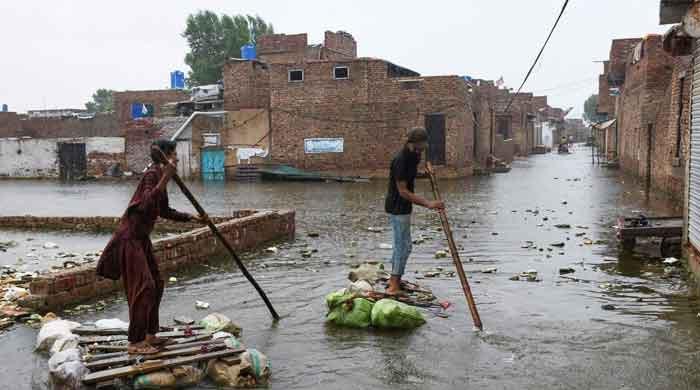Is Pakistan testing enough people for COVID-19?
Fewer and irregular tests means a large number of potentially infected people are out in the open
March 27, 2020

One of the biggest lessons from China and South Korea, who have managed to slow down the spread of the deadly coronavirus, is to isolate and test the infected persons, as well as the communities they moved around in.
South Korea has controlled the number of infected with a very aggressive “Trace, Test and Treat” campaign. The country has tested over 325,000 people within a single month and isolated the infected, without halting its economic activity. China, on the other hand, had the capacity to test over 1.5 million people per week.
As per the data of Pakistan’s National Institute of Health (NIH) till March 26, Pakistan had tested only 6,449 cases. The number is very low considering the population of the country in comparison to South Korea.
Fewer and irregular tests means a large number of potentially infected people are out in the open and may be transmitting the virus. Moreover, locking down the country without adequate testing and targeted isolation is a recipe for economic disaster, once the lockdown is lifted.
However, Pakistan is trying to ramp up its testing capacity.
Read more: Geo to pay tribute on March 27 to doctors fighting coronavirus
The chairman of the National Disaster Management Authority recently told a press briefing that 50,000 test kits are expected to arrive this month, while the order for another 1 million has been placed. Also, once tests are taken, they need to be processed. There are 14 laboratories across Pakistan, who have been authorized to process the results, as per the NIH website.
At the moment, it is unclear how many tests kits Pakistan has in total, as the federal government has its own reserves, while the provinces are procuring separately.
In the meantime, the prime minister’s National Coordination Committee can set realistic timelines on when the tests will be available and by when more bio safety labs will be up and running.
Separately, a public information campaign is needed to educate people about the importance of testing in time, before others are infected. To ensure that the tests are affordable for everyone, local manufacturers should be encouraged to produce them for the government. India, for example, has certified two locally made test kits, priced as low as Rs1,200 Indian rupees. Also, India this week tested over 20,000 people.
As the World Health Organization recently emphasized, countries grappling with the pandemic need to “test, test and test.” Those who are failing to do so, will soon have a crisis on their hands.
The United States is a classic case study of a leadership in denial. The country had only conducted 10,000 tests by March 12, with around 1,500 confirmed cases and less than 40 deaths. As global situation worsened, President Trump’s administration sprang into action and arranged massive tests.
Now the USA has completed around 525,000 tests with nearly 85,000 confirmed cases.
Christian Drosten, the director of the institute of virology at Berlin's Charité Hospital, who developed the first diagnostic kit for coronavirus, said that Germany is testing over 120,000 per week since late February.
Germany’s fatality rate is only 0.5 percent due to its ability to test early and extensively, says Drosten, compared to Italy’s 10 per cent and France 5 per cent.
Other countries like Canada, Russia, Australia are testing aggressively as well with over 150,000 tests each till now. The UK has tested around 100,000 and is launching millions of 15-minute home coronavirus test.
Coronavirus is playing havoc with global economies. A record 3.28 million Americans have filed for unemployment benefits. The USA growth forecast has dropped and it is looking at a 20 per cent unemployment rate.
Massive testing and isolation is unavoidable as the fastest possible way to contain this infection in Pakistan and chart a path back to normalcy. At the moment, only targeted action holds the key to fight off this deadly pandemic, which is not yet treatable.











